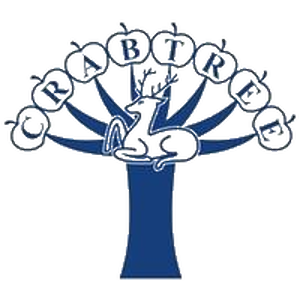EYFS - The Curriculum
Our long term curriculum overview can be found here.
Our Autumn plan can be found here.
Our Spring plan can be found here.
Our Summer plan can be found here.
The EYFS curriculum is based on the overarching principles that learning and development depends on each unique child having the opportunity to interact to form positive relationships within enabling environments. It is divided into 7 areas of learning and development which are all interconnected and help shape the ‘whole child’.
The 7 Areas of Learning
| Prime | Specific |
|
Communication and Language Physical Development Personal, Social and Emotional Development |
Literacy Maths Understanding the World Expressive Art and Design |
The Prime Areas of learning are three areas that are particularly important for building a foundation for igniting children’s curiosity and enthusiasm for learning, forming relationships and thriving.
The Specific Areas of learning are the four areas that underpin and strengthen the prime areas of learning.
Characteristics of Effective Learning
We observe and support the children’s attitude and approach to learning by encouraging:
- playing and exploring – children investigate and experience things, and ‘have a go’
- active learning – children concentrate and keep on trying if they encounter difficulties, and enjoy achievements
- creating and thinking critically – children have and develop their own ideas, make links between ideas, and develop strategies for doing things
Classroom Environment
We want our children to have a high level of engagement and high level of well being. The children need to feel safe and nurtured. They need opportunities to be inquisitive, creative and curious learners. We provide environments that interest and inspire them as unique learners.
Child Initiated Learning
A typical day in Early Years is broken into adult directed learning and child initiated play. During ‘Child Initiated Learning’, we have a Continuous Provision plan, where we have a combination of adult planned activities, plus resources which are always available for children to choose their own activities. Adults provide and model additional activities to extend the children’s learning that they have previously been exposed to or that targets the child’s own personal next steps in learning.
Reading
Reading lies at the heart of our curriculum and children are encouraged to become early readers through enjoyment of books and the
systematic teaching of synthetic phonics in a structured way, building up children’s phonic knowledge and skills explicitly. We prioritise
creating a ‘language rich’ environment through the use of songs, nursery rhymes and stories. Adults model good quality language and
strive to extend children’s vocabulary through high quality interactions. We want all of our children to develop a love of reading through
sharing stories at story time and during literacy lessons where we follow a core book approach using quality key texts. All of this plays a
vital role in developing our children’s communication and language skills. You can find out more about our early reading and phonics here.





